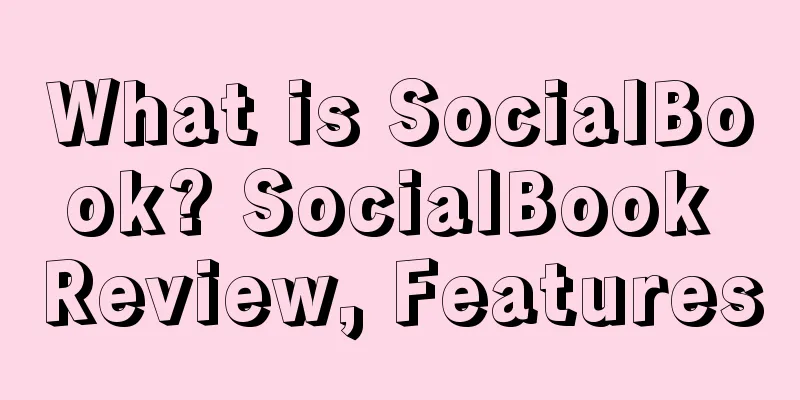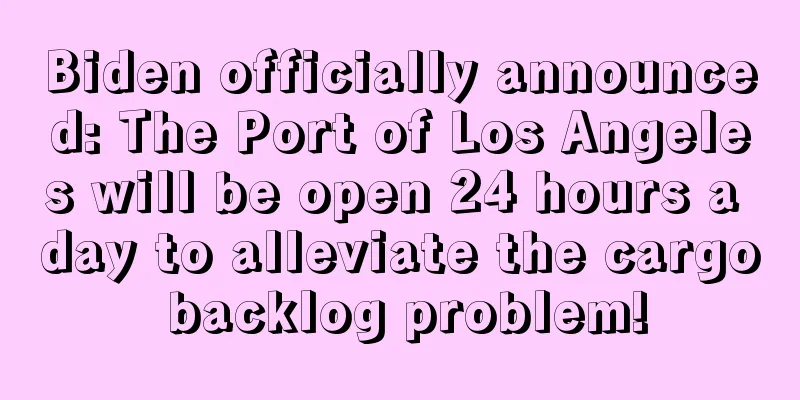India's consumer enthusiasm is not high, and e-commerce shipments have declined accordingly

|
Several industry executives and analysts said that since the outbreak of the new coronavirus epidemic in India , consumption growth in all categories of the e-commerce industry has slowed down, especially non- essential categories .
Market research firm PGA Labs estimates that India's daily e-commerce shipments are expected to grow at an annual rate of 20% this fiscal year . This is a decline compared with the past two fiscal years . The virus outbreak has forced consumers to turn to online shopping platforms, bringing an annual growth rate of at least 25%-30% .
Amazon’s ongoing Prime Day sale on its Indian site and a similar event on Flipkart have not seen a significant increase in sales compared with last year, despite a bigger campaign this year, according to sellers, e-commerce and logistics executives .
"Consumption has clearly slowed down, both online and offline. Normally, there would be promotions even after March, but there are none this year . Prices might even have rebounded during the holidays , but inflation and rising economic uncertainty have postponed non-essential consumption, " said an executive at a leading third-party logistics company.
Large FMCG companies have also expressed concerns about falling sales. Last week, Hindustan Unilever Ltd. Managing Director Sanjiv Mehta said the company's sales have fallen and that inflation has added to the pressure on sales .
A bleak outlook
"If you look at the quarterly figures of top consumer goods companies , you will find that their sales are under pressure. It is expected that this situation is now reflected on online shopping platforms , " lamented an e-commerce executive.
The founder of a leading electronic accessories brand said that although preparations for the festive selling season have begun, the growth outlook is bleak compared with last year.
"We usually see a 50% increase in sales during the festival , but based on the current situation , I don't expect a significant increase this year, which is reflected in the early stocking plan for Diwali , " the person in charge added. This point was recognized by other brands. These brands said that sales in the first six months of this year were sluggish, and the holiday promotion period was crucial for brands and platforms .
Deepak Gupta, CEO of personal care brand Bombay Shaver, said: "The platform has been a little more conservative in its stocking plans for the festive season than last year ."
A seller on Amazon India said that home and kitchen items sold more on Prime Day than usual , but sales of beauty, personal care and health care products slowed down. For Amazon, last year's Prime Day in India was crucial because it happened between two waves of the COVID-19 pandemic . A report by Counterpoint Research said that during this year's Prime Day promotion from July 12 to 13 , Amazon's deep discounts on the US site reflected the decline in consumer demand. Prime Day in India was from July 23 to 24.
Vinita Singh, co-founder and CEO of Sugar Cosmetics, said: "This year, the overall performance of e-commerce business is mediocre. There has been a large - scale revenge shopping in the offline retail industry , so our offline channels have achieved the highest sales ever . But as a result, the online business has stagnated, and all brands have felt the same . "
Long-term Outlook
A PGA Labs report on India’s e-commerce logistics industry said that the retail market will drive its growth and is expected to reach $145 billion by fiscal 2026 , with a daily shipment volume of about 15 million pieces .
Abhishek Maiti, director of PGA Labs , said, "Increase in internet penetration has also played a key role in promoting online shopping. In India, internet penetration has increased from 20% in 2018 to about 50% in 2020. " The number of smartphone users is expected to reach 859 million by the end of 2022.
Demand from second- and third-tier towns is driving e-commerce sales , with about 46% of shipments coming from these areas in 2020, compared with just 25% in 2015. As demand rises in smaller towns and more direct-to-consumer brands proliferate, the importance of third-party logistics companies will grow significantly .
“The e-commerce sector is having a positive impact on the expansion of the logistics industry in India , ” said Maiti. “ Online brands work with third-party logistics providers, who take care of delivery, inventory, packaging, transportation, warehousing and tracking . Almost 60% of e-commerce logistics is outsourced , which has created space for specialized logistics service providers and consolidators to grow .” Prime Day India |
<<: Under inflation, some people are eating cheap burgers, while others are buying LV bags
Recommend
What is AZConnect? AZConnect Review, Features
<span data-docs-delta="[[20,{"gallery"...
Amazon delays collecting a fee, sellers say it should be canceled
Perhaps Amazon has heard the voices of sellers an...
What is Dajian Cloud Warehouse? Dajian Cloud Warehouse Review, Features
Dajian Cloud Warehouse is the industry's lead...
Gift baskets are a hit, and these five categories of products are likely to continue to sell well on Tokopedia!
In recent years, gift baskets have become a produ...
The new year has started off coldly, with a group of sellers receiving “0” orders!
When work resumed after the Chinese New Year, the...
The top sellers fell into a trap, and the hot-selling products received one-star bad reviews
eufy was exposed by foreign users for security vu...
What is Verishop? Verishop Review, Features
Verishop is an e-commerce platform that was launch...
What is IOT Pay? IOT Pay Review, Features
IOT Pay is a North American payments technology co...
What is Moneris(Moneris Solutions)? Moneris(Moneris Solutions) Review, Features
Moneris (Moneris Solutions) is based on the numbe...
What is New Fengda Cross-border? New Fengda Cross-border Review, Features
Xinfengda Cross-border (Shenzhen Xinfengda Cross-...
Amazon goods were swapped and the seller’s account was frozen!
Recently, the editor learned from the official Am...
Is it only refunding the money to make money? Buyers: Temu is a good platform for "0 yuan purchase"
——Temu, profits are calculated in gross, losses a...
Listed as Amazon Best Seller, the seller's products received more than 140,000 reviews
In addition to popular categories such as clothin...
Social e-commerce is on the rise, and the US grocery giant launches live video function
Albertsons, one of the largest grocery store bran...
Another infringement, the artist accused Temu of plagiarizing his work
An Australian visual artist has called on consume...









